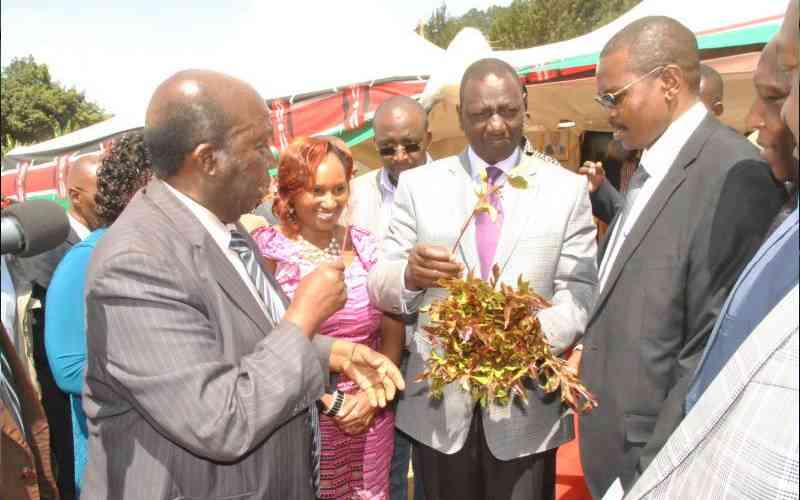×
The Standard e-Paper
Fearless, Trusted News

Miraa farmers and traders have lamented over what they have termed as high taxes imposed on the cash crop by most counties.
They called on governors to treat miraa just like any other cash crop saying the high levies are making it hard for them to do business.